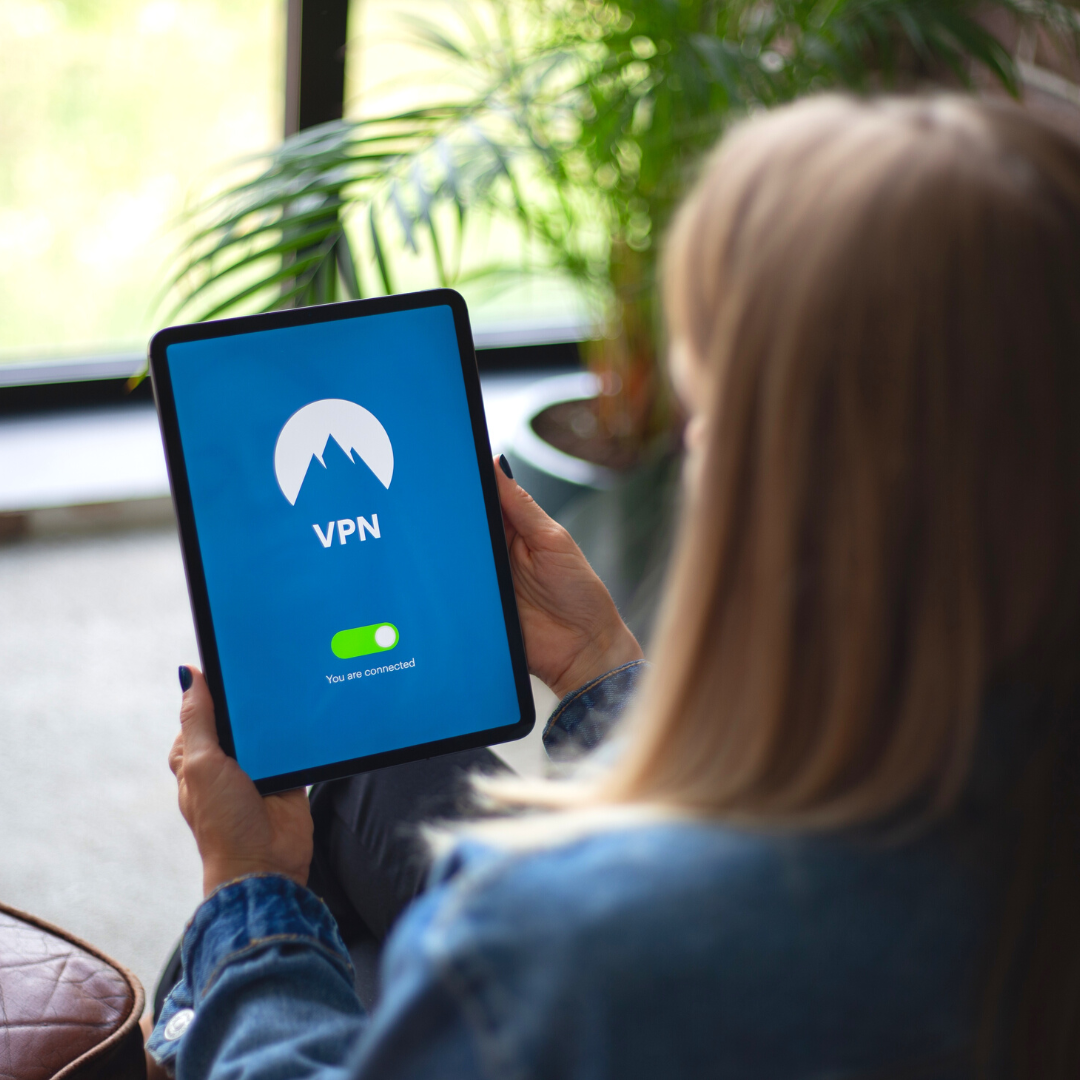5 Tips to Ensure Your Home-Based Business is Secure
sharing is caring :)
Disclaimer: Je’Ana C. curates the Shades of Tatiana Media product selections. We only recommend products we genuinely love. If you buy something through our affiliate links, we may earn a small commission at no cost to you.
Home-based businesses give you the freedom to work wherever and whenever you want. They also allow you to set your schedule and keep more profits. But it's not all advantages. Working from home also presents unique security challenges.
Anyone with Google and an internet connection can set up a business these days, whether they're selling handmade crafts or refurbished electronics. These online businesses are prime targets for cybercriminals who always seek new ways to steal personal information and financial data. Luckily, there are some ways you can stay secure while still enjoying the benefits of working from home.
RELATED: 6 Proven Methods To Boost Your Business Security
Introducing Canva – a free tool that makes designing simple and beautiful.
Need to design a checklist in a hurry? Check out Canva, the free graphic design tool that makes designing everything from social graphics to business cards simple.
IMAGE SOURCE: PEXELS
01) Always Use a VPN
A virtual private network, or VPN, is a trusted online connection that encrypts all your communication. It creates a private network between your computer and the VPN server, which the VPN provider monitors. The VPN server will also re-route your internet traffic to help you bypass any geo-blocking that might occur.
A VPN is critical security for remote workers and home-based entrepreneurs. It can help you avoid several attacks, including man-in-the-middle attacks, data breaches, and DNS attacks. It will also allow you to access geo-blocked websites and content from home. A good VPN will also have strong privacy policies and a no-logging policy. This means that your personal information and browsing history will never be recorded. VPNs are not free. But a good service will cost much less than the potential damage caused by a cyber breach.
IMAGE SOURCE: PEXELS
02) Update Your Software Regularly
It may be a pain to make sure that all your software is up-to-date, but it's essential to keeping your computer secure. Most software has regular updates that include security fixes and new features. So make it a habit to check for software updates as often as once a week. You can set Windows Update to install important updates if you're running Windows automatically. You can automatically install both macOS software and security updates if you have a Mac. Use your home computer as you would your work computer. Regularly make sure that everything is up-to-date. This will help you avoid getting hacked or infected with malware.
IMAGE SOURCE: PEXELS
03) Use Strong Passwords
Creating strong passwords is one of the most fundamental parts of protecting your online accounts and personal information. Password management apps like 1Password and LastPass can help you create and store long, complex passwords that are easy to remember. They can also securely store your login information for websites, meaning you don't have to remember them all.
You can also use two-factor authentication whenever possible. This means that you will also have to enter a one-time passcode in addition to a username and password. This passcode is received in a text message or through an authentication app on your smartphone. The authentication code changes every few minutes, making it harder for hackers to bust into your account.
IMAGE SOURCE: PEXELS
04) Use a Virtual Address
If you're selling products online, consider getting a virtual address, such as physicaladdress.com. This mailing address forwards all your mail to your home address. This is helpful if your business name doesn't match your home address. You can also use this address on your websites and in emails. This will make it look like your business is a brick-and-mortar shop. Some virtual mailbox services will securely scan and store your incoming mail, which you can access online.
IMAGE SOURCE: PEXELS
05) Install Home Security Measures
It's essential to practice good home security while working from home. Make sure to lock your door when leaving your house – even if you're only stepping out for a few minutes. You may want to invest in an innovative home security system to add CCTV monitoring for when you are out of your home or to deter unwanted visitors. Also, look into a lockable space to store equipment or stock if required in case of burglaries.
Home-based businesses and remote work are becoming more and more common. However, increased security measures can help you stay safe when working from home.














Ever wish your smile looked a little brighter? You’re not alone. A glowing smile boosts your confidence, lights up your face, and makes a great first impression. But everyday habits—like sipping coffee or tea—can dull your sparkle over time. The good news? You don’t need major changes to see results. With just a few smart tweaks, you can refresh your smile and keep it shining. Here are six easy ways to get started.